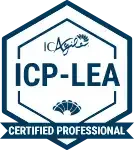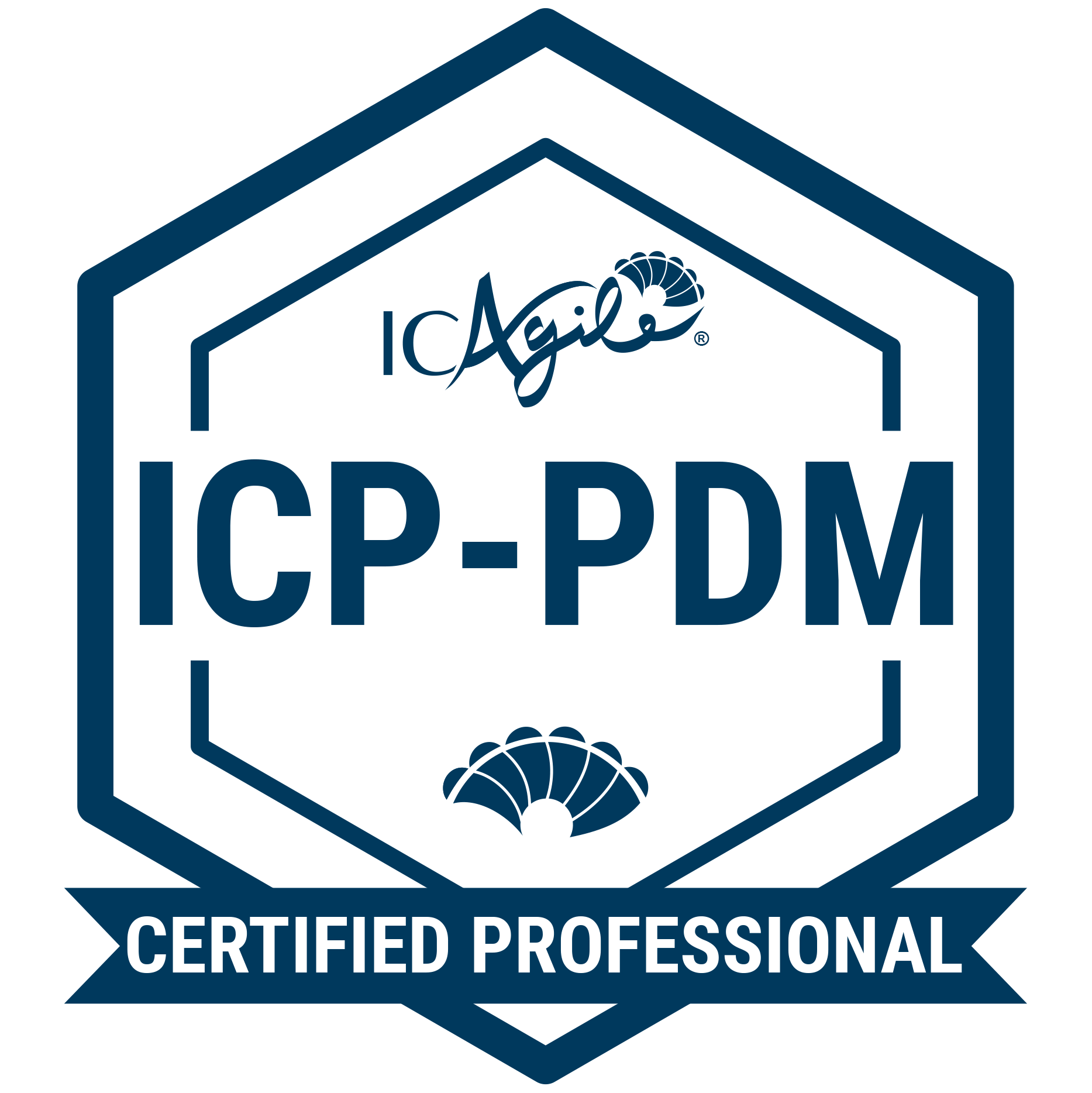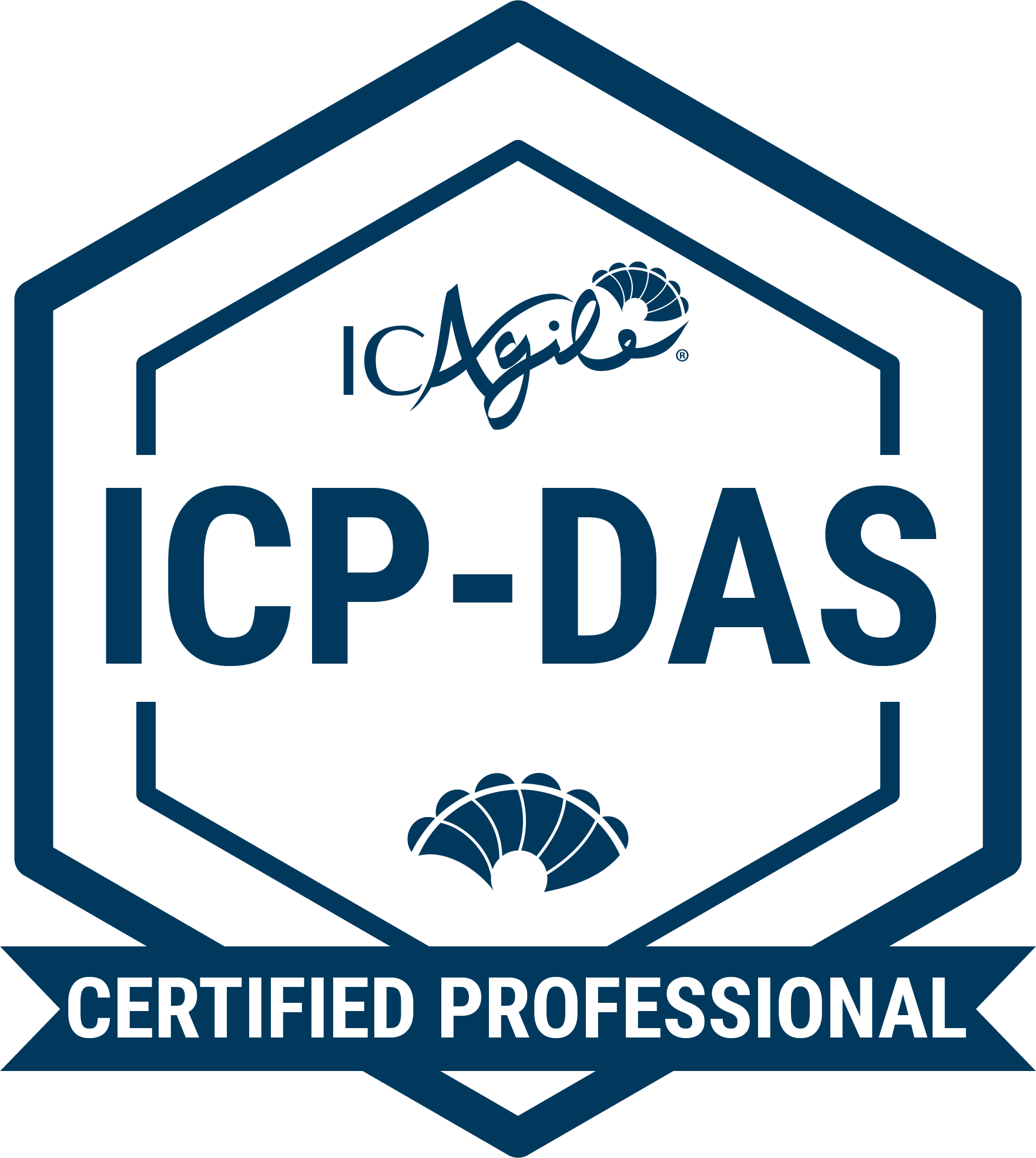In many organizations, the transition to Agile practices can be met with skepticism and resistance.
Teams often struggle to embrace new ways of working, leading to confusion and frustration. This challenge highlights the importance of having strong leadership that embodies Agile values.
An Agile Coach, as a role model, plays a crucial part in guiding teams through this transformation, demonstrating the principles of collaboration, adaptability, and continuous improvement.
By modeling effective behaviors and mindsets, Agile Coaches can inspire teams to fully engage with Agile methodologies, fostering a culture of trust and open communication.
They not only teach the practices but also live them, encouraging others to follow suit.
Curious about how an Agile Coach can serve as an effective role model?
Read our tutorial to explore the key qualities and behaviors that define a successful Agile Coach and how they can impact your organization’s Agile journey!
Embracing The Role Model Aspect
As an Agile Coach, embodying the role model aspect is fundamental. Let’s explore how coaches can lead by example and inspire positive change:
1. Living Agile Values
An effective Agile Coach embraces the core values of Agile: collaboration, openness, respect, and commitment. These values aren’t mere buzzwords—they shape behavior. By demonstrating them consistently in actions, interactions, and decision-making processes, a coach sets a powerful example for others to follow.
2. Adopting Agile Practices
Theory alone won’t suffice. An Agile Coach must apply Agile practices in their own work. Whether it’s iterative development, daily stand-ups, or continuous feedback loops, they showcase the effectiveness of these techniques. Their hands-on experience reinforces the value of Agile principles.
3. Continuous Learning
Agile thrives on adaptability and learning from experiences. A coach actively seeks growth opportunities. Attending Agile conferences, participating in community forums, and seeking feedback from peers and team members—all contribute to a mindset of continuous improvement.
4. Empowering Teams
A coach empowers teams to take ownership. By delegating authority and encouraging autonomy, they demonstrate trust in the team’s capabilities. This fosters a culture of accountability and self-organization where teams thrive.

Join our Agile Coaching Program and elevate your skills as a leader! Learn to inspire teams and drive Agile transformation. Enroll now!
Enroll Now!5. Effective Communication
In Agile environments, communication is the lifeblood. A coach exemplifies clear, transparent, and timely communication practices. They actively listen to team members, provide constructive feedback, and facilitate open discussions to resolve conflicts and address challenges.
6. Servant Leadership
The philosophy of servant leadership guides an Agile Coach. Their focus? Serving the team’s needs and removing impediments to success. Prioritizing the team’s well-being over personal agendas inspires trust and loyalty.
7. Celebrating Success and Learning from Failure
Acknowledging achievements and milestones reinforces positive behaviors. Equally important is learning from failures. A coach encourages a culture where both success and setbacks are growth opportunities.
8. Promoting Continuous Improvement
Agile thrives on evolution. A coach spearheads this mindset. Facilitating retrospectives and feedback mechanisms, they identify areas for improvement. Experimentation and innovation become part of the team’s DNA.
Conclusion
Being an Agile Coach isn't about titles—it's about impact. Coaches elevate teams toward excellence by embodying Agile values, fostering learning, and leading by example.
Their influence extends beyond processes; they shape mindsets and culture, creating an environment where innovation thrives and collaboration flourishes.
So, whether you're new to Agile or a seasoned practitioner, embrace the role model within you.
Recognize that your actions set the tone for your team, encouraging them to adopt Agile principles wholeheartedly. As you grow in this role, you’ll inspire others to reflect on their practices and strive for continuous improvement.
Ultimately, the accurate measure of an Agile Coach lies in the positive change they catalyze in others. Step into this transformative journey and make a lasting impact on your organization!






























































































